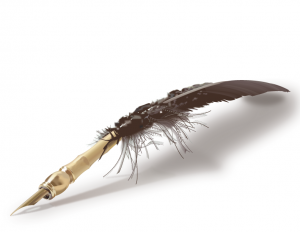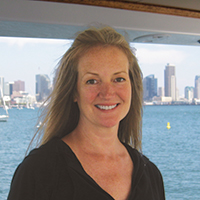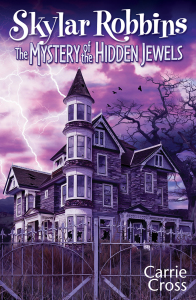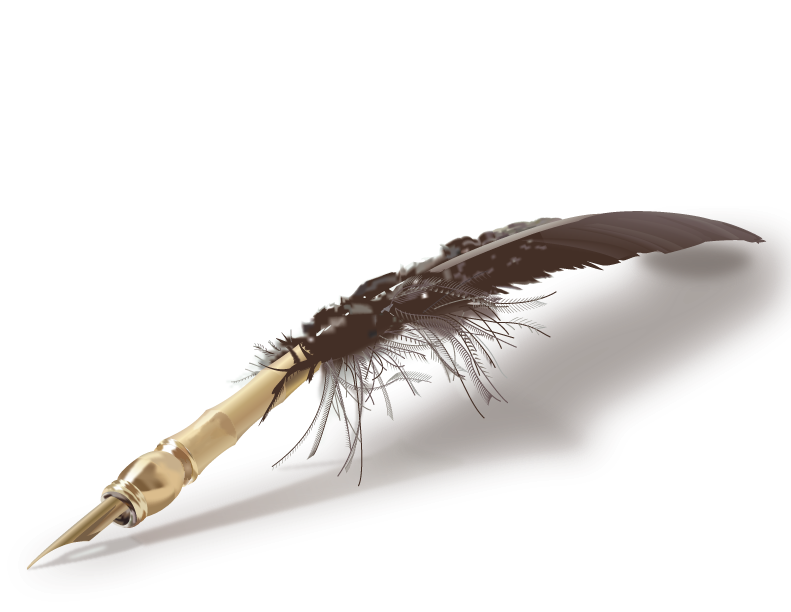
Authors: like other creatives, we’re in a unique position. After spending months–maybe years–writing a book, designing a piece of art, or creating a musical score, we publish it for the world to read, see, or hear. And then, to critique on Social Media. Members of the general public (many of whom have never written, designed, or created anything) can mark us with one star, like a quick, red F on a report card. Devastating! Or is it?
When that first negative review comes, it can be crushing. How could this person not appreciate all the time and effort we put into our art? We threw a piece of our soul out there, and someone just stepped on it. A one star review adds an extra grind of the heel. Now it’s time to figure out why. Carefully read that review and look for clues. Remember that everyone was raised differently, with a wide spectrum of disparate beliefs and experiences that help form their opinions. Many of which differ wildly from ours.
One poor review I got was for my first Skylar Robbins novel: The Mystery of Shadow Hills. In this book, Skylar is stuck at her bullying cousin Gwendolyn’s house in Malibu for the summer, and forced to attend summer school where she doesn’t know a soul. In art class, a cool, creative girl named Kat befriends Skylar. Kat claims to be a junior witch, and introduces Skylar to “everything Wiccan.” They sneak down to the beach at midnight hunting for magic seeds, and cast spells together in a forgotten garden, intending to grow gems. By the end of the book, Skylar starts to question not only her friendship with Kat, but her own judgment. She wonders aloud whether everything magic and Wiccan Kat had introduced her was phony, slight of hand, and a series of hoaxes intending to fool Skylar for her own benefit. I inadvertently offended members of the Wiccan community with my portrayal of the witches and wizards in this novel.
Here is an excerpt from that long 2-star review which started out positive: “I did NOT like that the author felt compelled to label the Wiccan faith stereotypically, mainly as old women with rough hands and men who were socially inept, when there was a real opportunity here to be educational and accepting of the faith as much as she was accepting of person with disabilities.” When I took the reviewer’s perspective into account, the 2-star rating made total sense. It also made me revise Skylar’s opinion of “Wiccans” to “this group of Wiccans”. Look for keys to your reviewers’ personalities in their words. You might just find a priceless nugget of constructive criticism hidden there.
Finally, if you are still feeling down about a one or two-star rating, look up the works of some of your favorite authors on Amazon. I’ve been amazed that best-sellers also get poor ratings and reviews. How could everyone not have love that book as much as I did?! I think. Easy. They’re not me.



